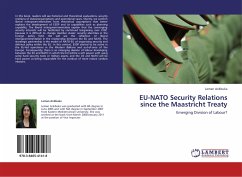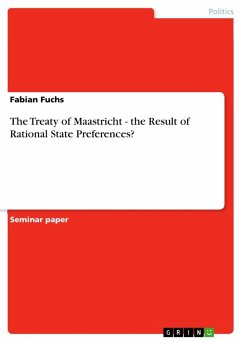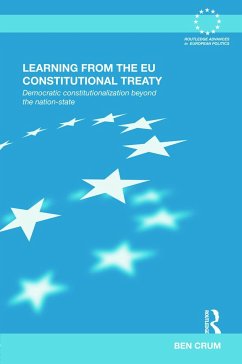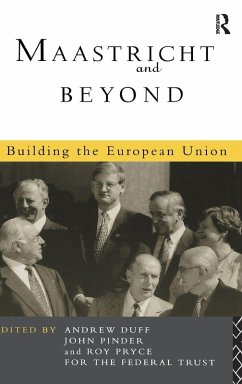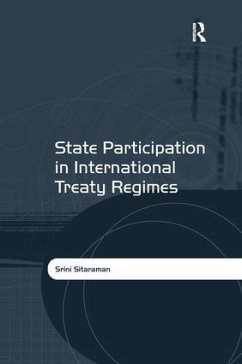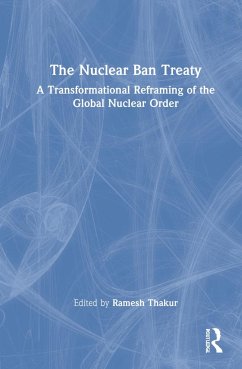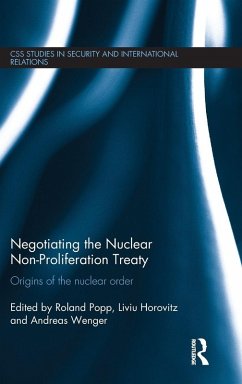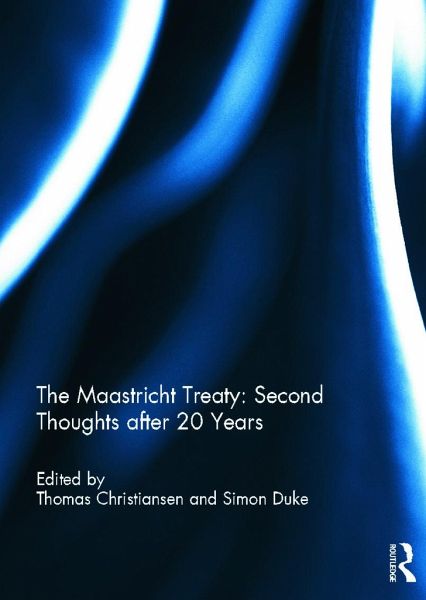
The Maastricht Treaty
Second Thoughts after 20 Years
Herausgeber: Christiansen, Thomas; Duke, Simon
Versandkostenfrei!
Versandfertig in 1-2 Wochen
169,99 €
inkl. MwSt.

PAYBACK Punkte
85 °P sammeln!
The Maastricht Treaty introduced a number of revolutionary changes to the European Union. This volume brings together a group of leading scholars to reflect on the developments in each of these key areas over the past 20 years, and on this basis to assess the way in which the EU is position to address current challenges. This book was published as a special issue of the Journal of European Integration.





